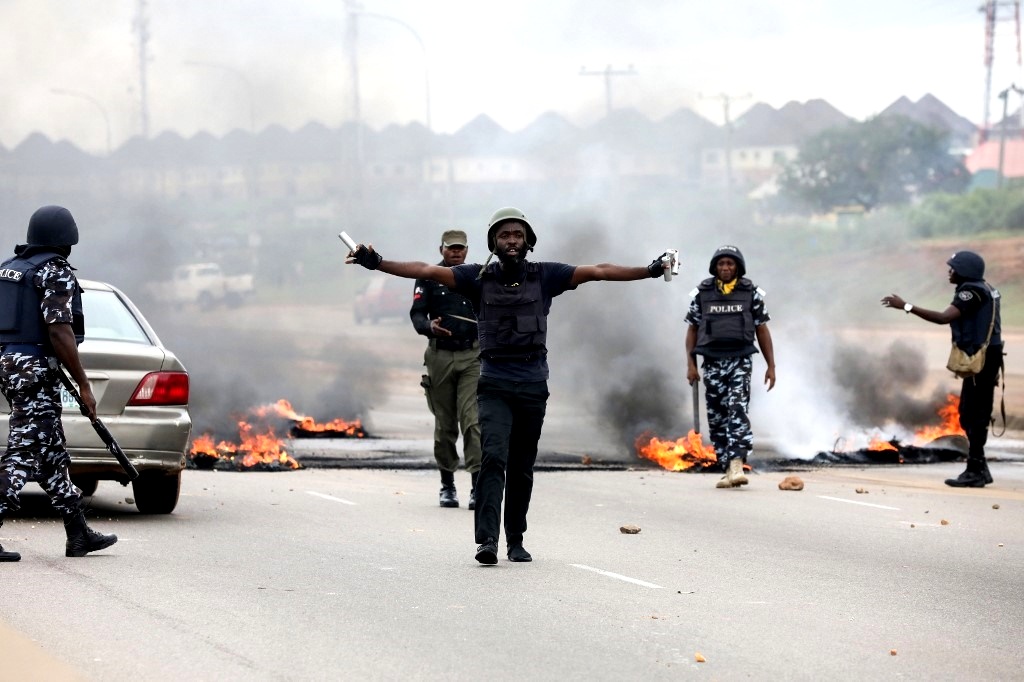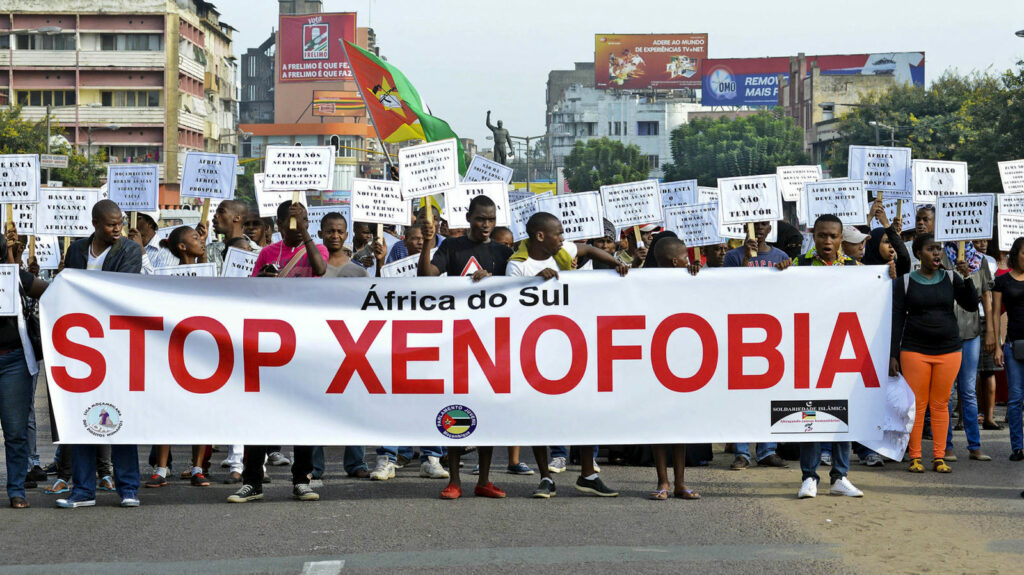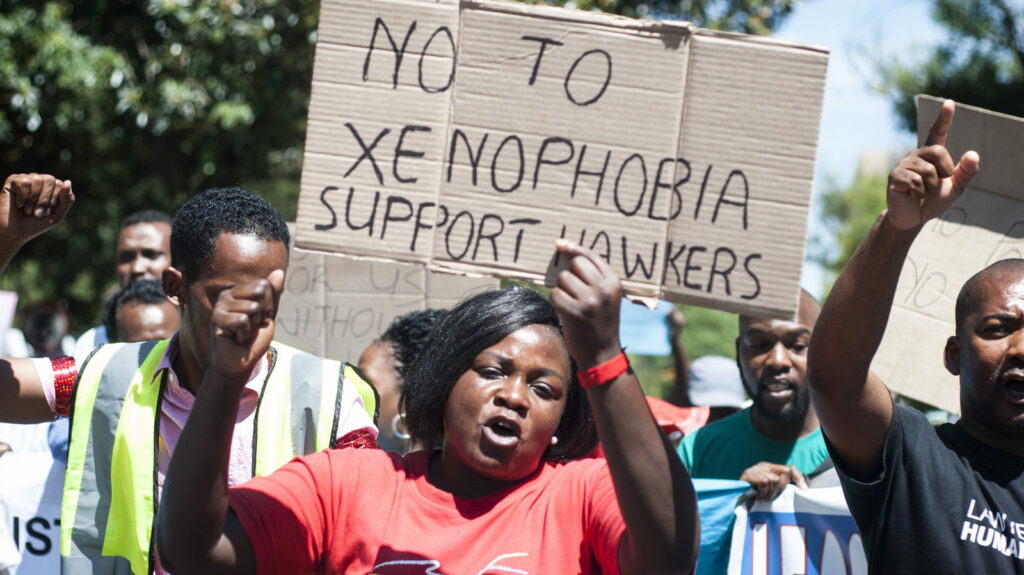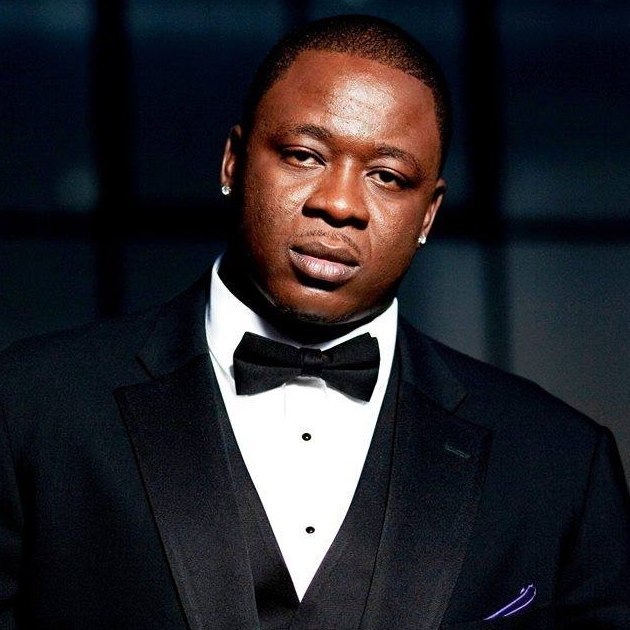
Let me make this concise disclaimer in my analysis of this passionate subject. I have observed this situation from a neutral point of view, and what you read in this blog is precisely my conclusion from the verifiable evidence I have gathered. 1. My essence is entirely independent. 2. When I declare the name of a country or nationality, I am not generalizing or endorsing a stereotype about those people or nations. 3. I do not promote violence in this story, and 4. I do not write in support of any known political perspective. The mainstream media do not have an uninterrupted impact on my point of view. Your comments or objections, as is your attention to discovering an unusual attitude, are welcome.
There is discrimination, murder, looting, vandalization of property, nationalism, anger, stress, and frustration but the term xenophobia appears to be a mainstream media concoction.
That said, have your cup of tea. Let’s dive into this fumigating rabbit hole. Make sure you are ready for a varied perspective. My analysis is as follows. What is happening in South Africa is NOT xenophobia. I am not implying that there is an absence of wrongs or evils. Each media report clearly shows the series of atrocities that took place. There is discrimination, murder, looting, property vandalism, nationalism, anger, stress, and frustration. However, the term xenophobia seems to be a conventional media concoction. We can accuse South Africans of being African traitors. Yes, reports show that they have turned their backs on other Africans. These accusations can be legitimate but not xenophobia.

I am reluctant to describe this situation as xenophobia in South Africa are 1. Xenophobia suggests that all South African citizens are involved in the attacks. 2. Diverts attention from the original clamor in which South Africans qualify to claim their land from non-African occupants. 3. The definition of xenophobia does not match this circumstance. Xenophobia is the suspicion or contempt of what one perceives as foreign or strange. However, those reasons are absent in this vague name. South Africans who have taken to the streets did not do it out of fear or hate. They have stated their specific reasons for rioting.
That could justify the nullification of such a transferal of those ancestral lands to the South African people.
The important thing is that the mainstream media can quickly transpose that narrative by hypothesizing that South Africans are xenophobic. If such a myth were established, that notion is a justified stereotype that suggests that its attempt to evacuate non-African occupants from their ancestral lands is also based on that xenophobic nature. That could justify the cancellation of such transfer of these traditional lands to the South African people. The explanation could be the new stereotype where South Africa turned against its African partners. However, we cannot generalize that all or even most South Africans support this “xenophobia,” which the mainstream media reported.

Therefore, as intelligent people, we must ensure that all South Africans have not participated in this “xenophobia.” If all South Africans did not, then we cannot qualify the entire country as such. Once we have clarified that carefully suggested misconception, we would consider the reasons given by the few who have taken to the streets in the riots. Why do they want to recover their land, why have they decided on violence, and what are the reasons why those few bandits have taken to the streets? What is happening in South Africa? We should consider the Arab Spring, for example, and be skeptical about whether this is another tactic that tricks Africans into believing in the wrong information.
What this means is once the South African courts refuse to return the ancestral lands, the other African nations would support that decision. Africans would say, “yes, those South Africans are xenophobic!”
The African Union
A vast majority of Africa, including major political organizations such as the African Union, has accepted xenophobia as a description of what is happening in South Africa. They have not investigated whether someone incited these disturbances. They have not determined if this is not a version of the Arab Spring. All they have done is accept the report and regurgitate it among themselves. This means that once the South African courts refuse to return the ancestral lands, the other African nations will support that decision. The Africans would say: “Yes, those South Africans are xenophobes!” And they would support the ruling that rejects their request to recover their ancestral lands.*
